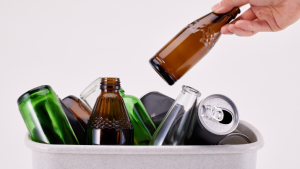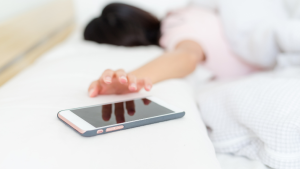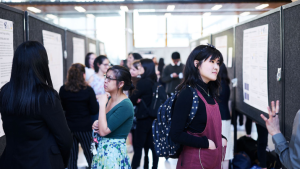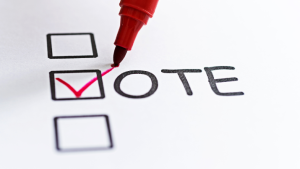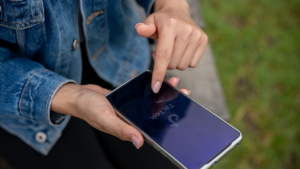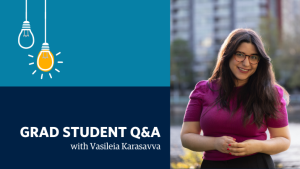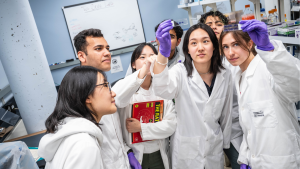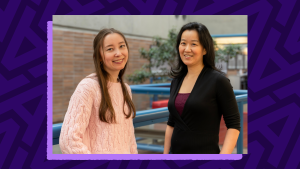How lottery-style bottle returns could transform recycling
The researchers estimate that this approach could reduce greenhouse gas emissions equal to taking one million cars off the road each year.
Celebrating our 2025 undergraduate student research awardees
We are proud of our students and their well-deserved achievements! Join us in congratulating our undergraduate students who have received research awards.
What’s a healthy amount of sleep? It differs from one country to another
Your optimal amount of sleep may depend on where you live, new UBC Psychology research has found.
Congratulations to the 2025 PURC award winners!
Join us in congratulating the winners of the 2025 PURC awards!
Who is most likely to fall for fake news?
New research by Dr. Friedrich Götz reveals who is most at risk, as a first step toward effective strategies for counteracting misinformation.
4 actions to support a sustainable democracy: No heroism required
In the Conversation Canada, Dr. Wolfgang Linden proposes four practical actions anyone can take to support a more sustainable democracy.
Put a finger down if TikTok has made you think you have ADHD
In the Conversation Canada, psychology researchers explore the impact of TikTok on mental health awareness, particularly how it shapes perceptions of ADHD.
Graduate Student Spotlight: Q&A with Vasileia Karasavva
Vasileia Karasavva explores how our interactions with the digital world shape our lives.
Empowering student research with the Psychology Inclusive Excellence Fund
The Psychology Inclusive Excellence (PIE) Student Fund empowers students from historically marginalized and equity-deserving communities by providing paid research positions in our labs.
Helping others is good for our health. But how do we balance our own needs?
Dr. Frances Chen and Julia Nakamura are exploring the benefits and trade-offs in prosocial engagement in everyday life.
